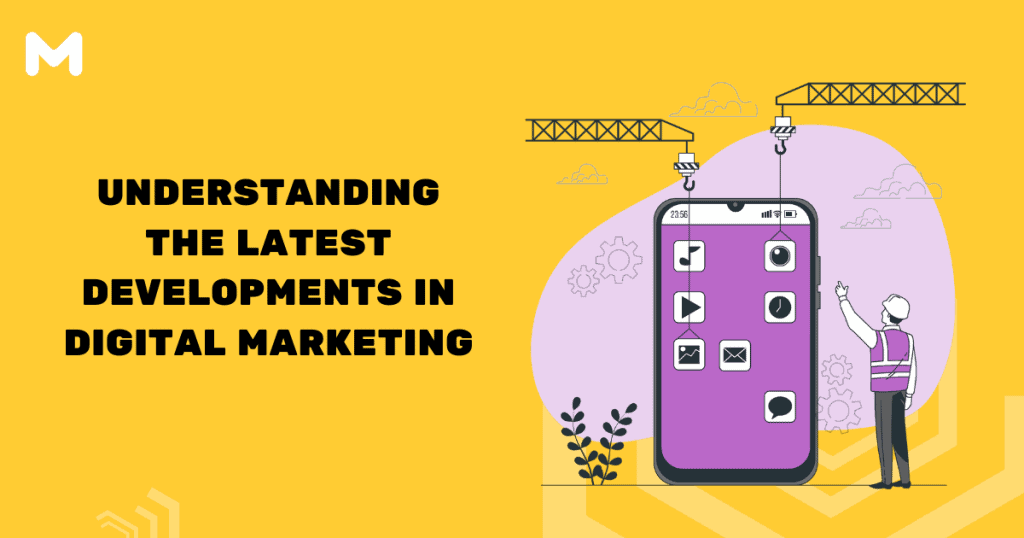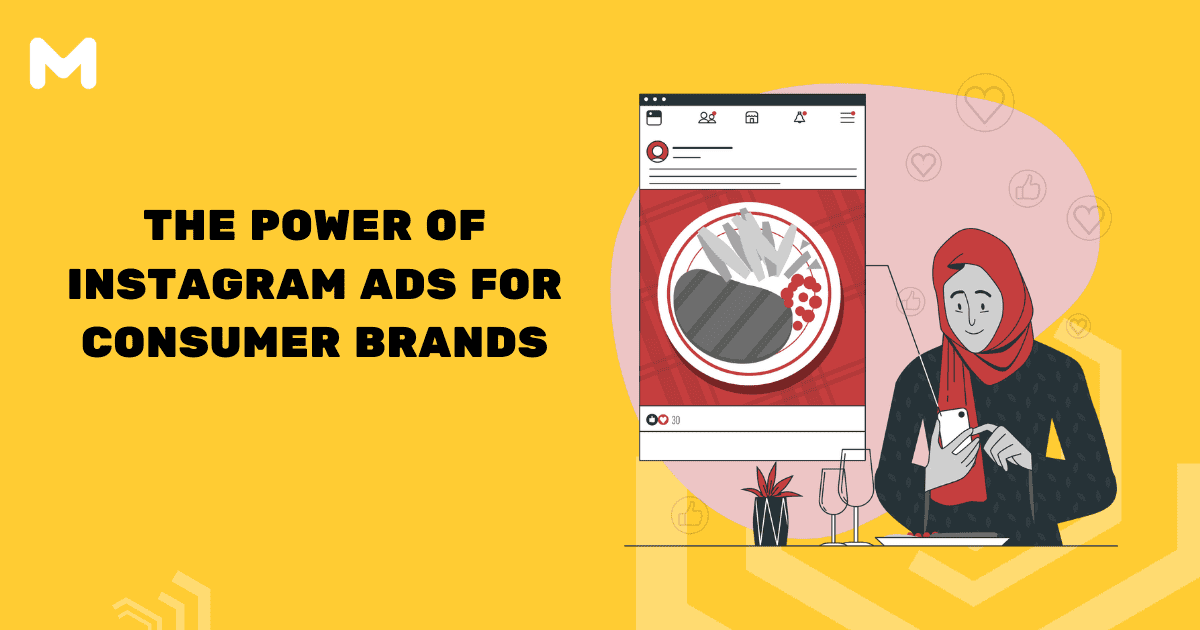In today’s hyper-competitive business environment, staying ahead of the curve in digital marketing has become essential for businesses to succeed. The emergence of new technologies, such as augmented reality and virtual reality, and the increasing importance of mobile optimization and social media advertising, are all contributing to the ever-changing digital marketing landscape. With so many new and innovative tools and techniques available, businesses need to constantly adapt and innovate to keep pace with the latest trends and stay relevant in the market. In the following sections, we will delve deeper into some of the latest developments in digital marketing and how they can help businesses stay ahead of the curve. This constant evolution, however, brings its own set of challenges, particularly when it comes to maintaining audience engagement amidst growing competition. One such challenge is ad fatigue in digital marketing, where users become desensitized or overwhelmed by repetitive or intrusive advertisements, leading to declining engagement and effectiveness. To counteract this, businesses must focus on creating more personalized, engaging, and value-driven campaigns that resonate with their target audience while leveraging data analytics to optimize ad performance.
1) Artificial Intelligence (AI)
“AI refers to the use of computer algorithms that can perform tasks that typically require human intelligence, such as learning, problem-solving, and decision-making. In digital marketing, AI can analyze large amounts of customer data, identify patterns, and make predictions about future behavior. AI can also help businesses to personalize their marketing messages and target the right audience with the right message. Examples of AI tools in digital marketing include chatbots, predictive analytics, and recommendation engines,” says Jay Soni MD of Yorkshire Fabric Shop.
2) Voice Search
“Voice search refers to using voice commands to search for information online, usually through a virtual assistant like Siri, Alexa, or Google Assistant. With the increasing use of smart speakers and voice assistants, voice search is becoming more common. Businesses need to optimize their content for voice searches by including long-tail keywords and natural language phrases that are more likely to be used in voice searches. This can help businesses to increase their visibility in voice search results and reach a wider audience,” adds Rene Delgado, Founder & CEO at The Indoor Golf Shop.
3) Social Media Marketing
“Social media marketing involves using social media platforms like Facebook, Instagram, and Twitter to promote a brand, product, or service. Social media marketing has been around for some time, but the latest developments in this field are making it more effective than ever before. With updates to social media algorithms and the use of social media influencers, businesses can reach their target audience more effectively and build stronger relationships with customers,” mentions Samantha Dunton, Director of Oakhurst Blinds.
4) Video Marketing
“Video marketing involves using video content to promote a brand, product, or service. With the increasing popularity of platforms like YouTube and TikTok, video marketing is becoming more important in digital marketing. Video marketing can help businesses to increase their brand awareness, engage with their audience, and drive sales. Examples of video marketing include product demos, explainer videos, and customer testimonials,” says Max Wilson CEO and Founder of FullyHome.
5) Personalization
“Personalization refers to tailoring marketing messages and offers to individual customers based on their behavior, preferences, and interests. Personalization can help businesses to improve customer engagement, increase customer loyalty, and drive sales. With the use of data analytics and marketing automation tools, businesses can deliver personalized messages and offer to customers through email, social media, and other digital channels,” suggests Daniel Foley, Head of content at SEO-Stack.
6) Marketing Automation
“Marketing automation refers to the use of technology to automate repetitive marketing tasks, such as email marketing, social media management, and lead generation. Marketing automation can help businesses to save time and resources, improve the efficiency of their marketing campaigns, and deliver a better customer experience. Examples of marketing automation tools include email marketing platforms, social media management tools, and marketing analytics software,” says Keith Eneix, President of FANNIT.
7) Augmented Reality (AR) and Virtual Reality (VR)
“Augmented reality and virtual reality are becoming increasingly popular in digital marketing. AR and VR can create immersive experiences for customers, allowing them to interact with products in a more engaging way. This technology can also be used to create virtual showrooms and stores, enabling customers to shop online in a more immersive and interactive environment,” adds Huzaifa Ghayas, Head of Marketing at Your Pcb.
8) Influencer Marketing
“Influencer marketing has been around for a while, but it has become more prevalent in recent years. Businesses are now collaborating with influencers who have large social media followings to promote their products and services. This can help businesses to reach a wider audience and build trust with potential customers,” says Tiffany Payne, Head of content at PharmacyOnline.co.uk.
9) Programmatic Advertising
“Programmatic advertising is the use of automated systems to buy and sell advertising space in real-time. This technology uses data to target ads to specific audiences, increasing the chances of conversions. Programmatic advertising is becoming more popular as it can save businesses time and money while delivering targeted advertising campaigns,” says Huzaifa Usmani from Star And Link.
10) Interactive Content
“Interactive content is becoming more popular in digital marketing. This type of content encourages customers to engage with a brand by taking quizzes, answering questions, and playing games. Interactive content can help businesses to increase engagement and build stronger relationships with customers,” adds Dan Charles, CEO and founder at Codarity.
Conclusion
The world of digital marketing is constantly evolving, and businesses need to keep up with the latest trends and technologies to stay ahead of the competition. From AI to voice search, social media marketing, video marketing, personalization, and marketing automation, businesses have access to a range of tools and strategies that can help them to reach their target audience and achieve their marketing goals. By staying up-to-date with the latest developments in digital marketing, businesses can improve their marketing campaigns, increase their brand awareness, and drive sales.


